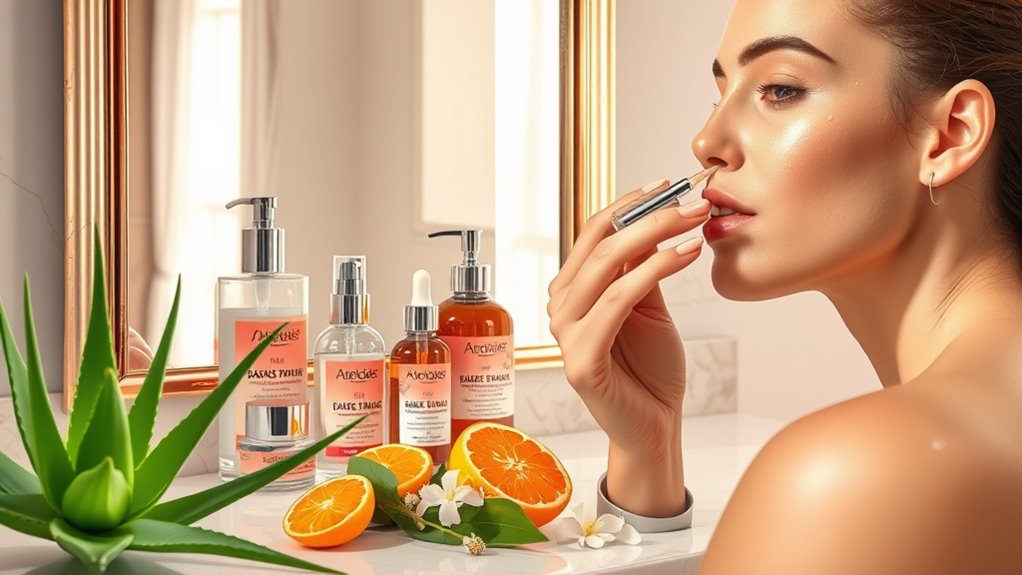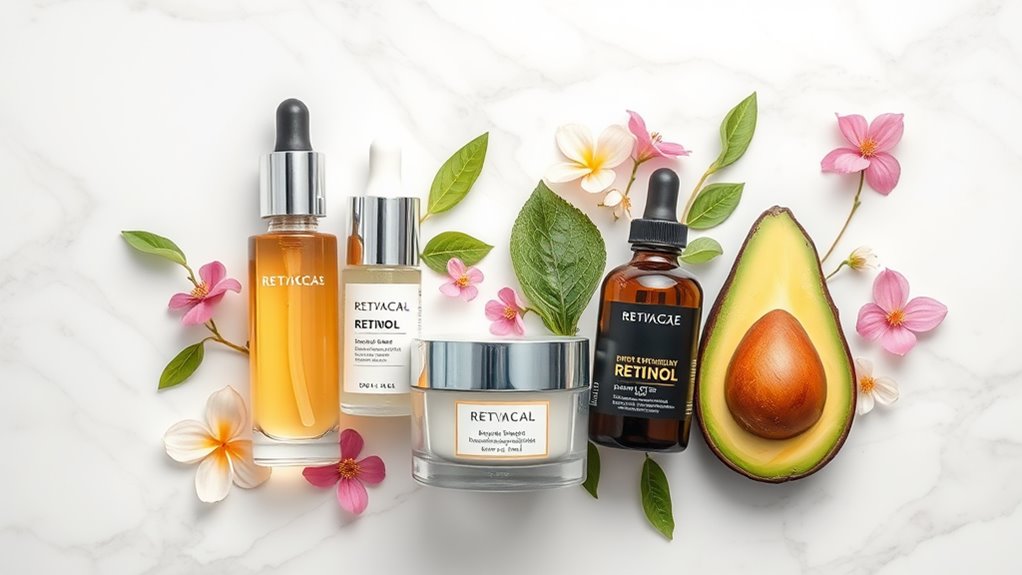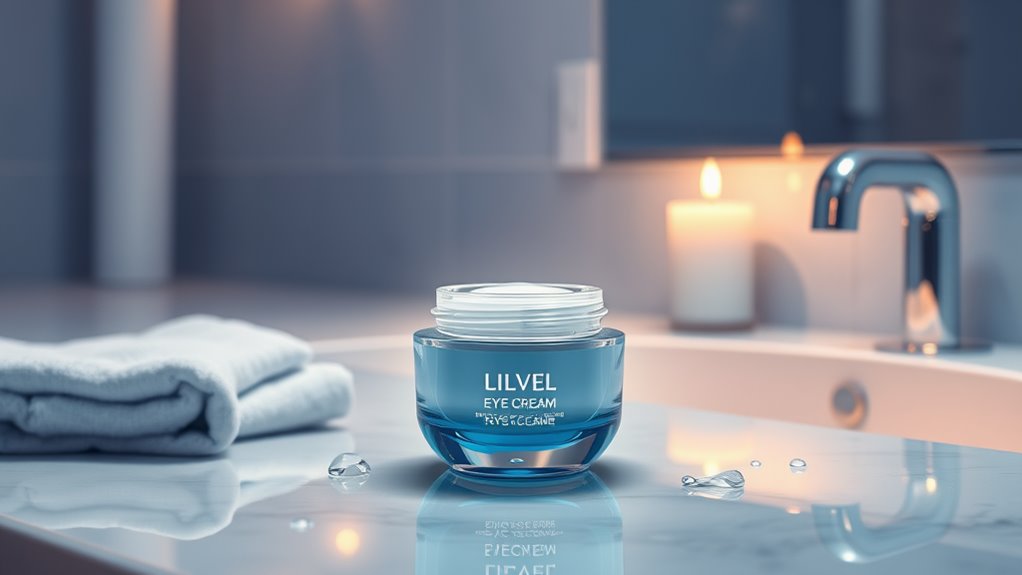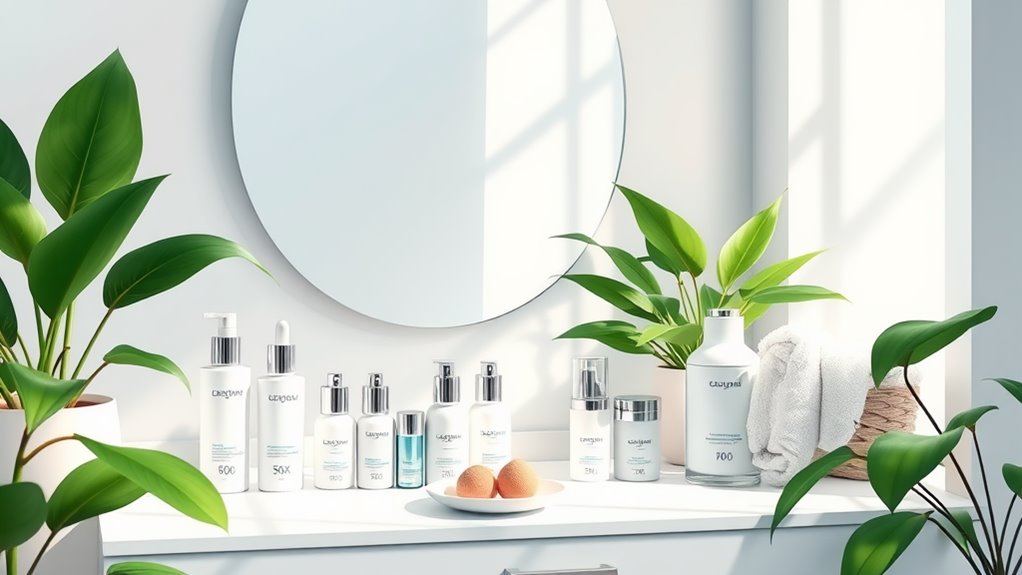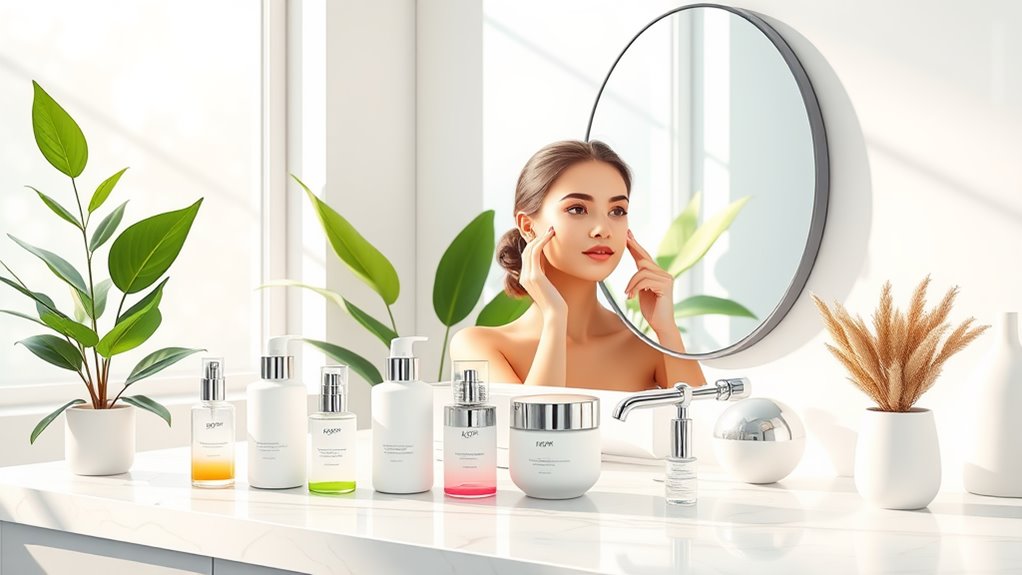Dark Spots Fading- It Might Be Thanks to This
Have you noticed dark spots on your skin fading lately? It could be due to a mix of effective treatments and consistent skincare routines. Factors like sun exposure and melanin production play a significant role in this process. But what specific ingredients or methods can help? Let’s explore the effective strategies that might be making a difference for you.
Key Takeaways
- Consistent use of topical ingredients like hydroquinone, vitamin C, and retinoids can significantly improve dark spots over time.
- Natural remedies such as lemon juice and aloe vera provide gentle alternatives for fading dark spots gradually.
- Professional treatments like chemical peels and laser therapy offer faster results by targeting pigmentation directly.
- Establishing a daily skincare routine focused on dark spots is crucial for achieving noticeable fading results.
- Regularly documenting progress through photos helps evaluate the effectiveness of treatments and maintain motivation.
Understanding Dark Spots: Causes and Types
When you look in the mirror, those dark spots can be frustrating, especially since they can stem from various causes.
These dark spots, also known as hyperpigmentation, may arise from hormonal fluctuations, aging, or skin injuries. Understanding the types is key to mastering your skincare routine.
Melasma, often triggered by hormonal changes, usually appears on the face. Sunspots, or liver spots, develop from prolonged sun exposure, while post-inflammatory hyperpigmentation occurs after skin trauma, like acne.
Each type requires a tailored approach for effective treatment. Natural ways to brighten skin can also enhance your efforts in fading dark spots. Identifying the specific cause behind your dark spots empowers you to choose the right products and treatments, ultimately leading to clearer, more radiant skin.
Embrace this knowledge and take charge of your skincare journey.
The Role of Sun Exposure in Dark Spot Formation
When you expose your skin to sunlight, the UV radiation can trigger the production of melanin, leading to dark spots.
It’s essential to understand how this process works so you can protect your skin effectively. Additionally, understanding the role of scientifically-proven methods can help you choose the right treatments to minimize dark spot formation.
UV Radiation Effects
Although many people enjoy soaking up the sun, excessive UV radiation can lead to dark spot formation on your skin.
When your skin is exposed to UV rays, it triggers melanin production as a defense mechanism. This overproduction can result in uneven pigmentation, manifesting as dark spots. The longer you spend in the sun without protection, the more pronounced these spots can become.
Even short bursts of unprotected sun exposure can accumulate and contribute to dark spots over time. It’s crucial to understand that UV radiation doesn’t discriminate; it affects all skin types.
Skin Protection Strategies
To effectively combat dark spots, it’s essential to adopt robust skin protection strategies that minimize UV exposure.
Start by applying a broad-spectrum sunscreen with an SPF of at least 30 daily, even on cloudy days. Reapply every two hours, especially if you’re outdoors.
Wearing protective clothing, like wide-brimmed hats and UV-blocking sunglasses, adds an extra layer of defense. Seek shade during peak sun hours, typically between 10 a.m. and 4 p.m.
Additionally, consider incorporating antioxidants into your skincare routine, as they can help neutralize free radicals caused by UV exposure.
Regularly exfoliating your skin can also promote cell turnover, reducing the appearance of dark spots.
Topical Ingredients for Fading Dark Spots
Several effective topical ingredients can help fade dark spots and even out your skin tone.
By incorporating these powerful elements into your skincare routine, you’ll access the potential for a radiant complexion.
Here are key ingredients to evaluate:
-
Hydroquinone: A skin-lightening agent that inhibits melanin production.
-
Vitamin C: An antioxidant that brightens skin and reduces discoloration.
-
Retinoids: Promote cell turnover, helping to fade dark spots and improve texture.
-
Azelaic Acid: Fights inflammation and reduces pigmentation, making it ideal for sensitive skin.
Using these ingredients consistently can lead to noticeable improvements.
However, remember to follow instructions carefully and consult a dermatologist for personalized advice to guarantee you achieve the best results.
Natural Remedies and Their Efficacy
For those seeking alternatives to chemical treatments, natural remedies can offer a gentler approach to fading dark spots. Ingredients like lemon juice, rich in vitamin C, can brighten your skin and promote cell turnover.
Aloe vera, known for its soothing properties, helps reduce pigmentation over time. Additionally, applying honey can enhance your skin’s moisture and healing ability.
Remember, consistency is key; incorporate these remedies into your daily routine for best results. However, individual reactions can vary, so always perform a patch test first.
While natural remedies may take longer to show effects compared to chemical options, their gentler nature often makes them a preferred choice for those wanting to minimize irritation. Maintaining youthful skin through better lifestyle choices can further enhance the results of these remedies. Embrace these methods for a more holistic skincare journey.
Professional Treatments for Dark Spots
If you’re looking for quicker solutions to dark spots, professional treatments can provide effective results. These options are designed to target pigmentation issues more aggressively than at-home remedies.
Here are some popular treatments you might consider:
-
Chemical Peels: Exfoliate the skin’s surface, promoting new cell growth and reducing dark spots.
-
Laser Therapy: Targets pigmentation directly, breaking down melanin particles for faster results.
-
Microdermabrasion: Physically exfoliates the skin, helping to improve texture and tone.
-
Intense Pulsed Light (IPL): Reduces discoloration by delivering light energy to the skin, stimulating collagen production.
Consulting a skincare professional will help you choose the best option tailored to your needs.
The Importance of Consistent Skincare Routine
While professional treatments can yield impressive results in fading dark spots, maintaining a consistent skincare routine is just as important for long-term success. You need to cultivate habits that promote skin health daily.
Start by cleansing your face to remove impurities, then follow up with targeted serums containing ingredients like Vitamin C, niacinamide, or retinol. These components actively combat hyperpigmentation and boost your skin’s overall radiance.
Don’t forget to moisturize to lock in hydration and protect your skin barrier. Finally, always apply sunscreen during the day; UV exposure can exacerbate dark spots. Additionally, avoid common eye care mistakes that can hinder your skincare progress and lead to further discoloration.
Prevention Strategies for Dark Spots
To prevent dark spots from forming, it’s essential to adopt proactive measures in your daily skincare routine.
Implementing these strategies will help you maintain an even skin tone and prevent hyperpigmentation:
-
Use sunscreen daily: Protect your skin from UV rays, which can exacerbate dark spots.
-
Incorporate antioxidants: Products with vitamins C and E can combat free radicals and lighten existing spots.
-
Exfoliate regularly: Gentle exfoliation helps remove dead skin cells, promoting skin renewal and reducing discoloration.
-
Stay hydrated: Drinking enough water keeps your skin supple and supports overall health, reducing the risk of dark spots.
Evaluating Results: When to Expect Changes
When can you expect to see changes in your dark spots after implementing your skincare routine? Typically, you’ll start noticing subtle improvements within four to six weeks. This timeframe allows your active ingredients, like vitamin C or retinoids, to penetrate the skin and promote cell turnover effectively.
However, significant fading may take up to three months, depending on the severity of your dark spots and the consistency of your routine.
To evaluate results accurately, take photos every few weeks in similar lighting. This visual documentation helps track changes objectively.
Frequently Asked Questions
Can Dark Spots Be Completely Removed, or Only Faded?
You can often fade dark spots considerably, but complete removal depends on factors like the treatment used and your skin type. Consistent care and the right products will help you achieve the best results.
Are Dark Spots a Sign of Skin Cancer?
While dark spots aren’t typically a sign of skin cancer, you should always monitor changes. If they grow, bleed, or change color, it’s essential you consult a dermatologist for a thorough evaluation and peace of mind.
What Skin Types Are Most Prone to Dark Spots?
If you have fair or medium skin, you’re more prone to dark spots, especially with sun exposure. Additionally, aging and hormonal changes can increase your risk. Protecting your skin is essential for prevention.
Do Dark Spots Affect All Skin Tones Equally?
Dark spots don’t affect all skin tones equally. While everyone can experience them, darker skin tones often face more pronounced pigmentation issues. Understanding your skin type helps you manage and treat dark spots effectively.
Can Hormonal Changes Contribute to Dark Spot Development?
Yes, hormonal changes can definitely contribute to dark spot development. When your hormone levels fluctuate, especially during pregnancy or menstruation, melanin production can increase, leading to uneven skin tone and hyperpigmentation you might notice.
Conclusion
In summary, fading dark spots is definitely possible with the right approach. By understanding the causes, using effective topical ingredients, and incorporating natural remedies, you can make significant progress. Consistency in your skincare routine and taking preventive measures are essential for long-term results. Don’t forget to evaluate your journey through photos, as this will keep you motivated. Stay committed, and you’ll likely see a more even skin tone in no time!

